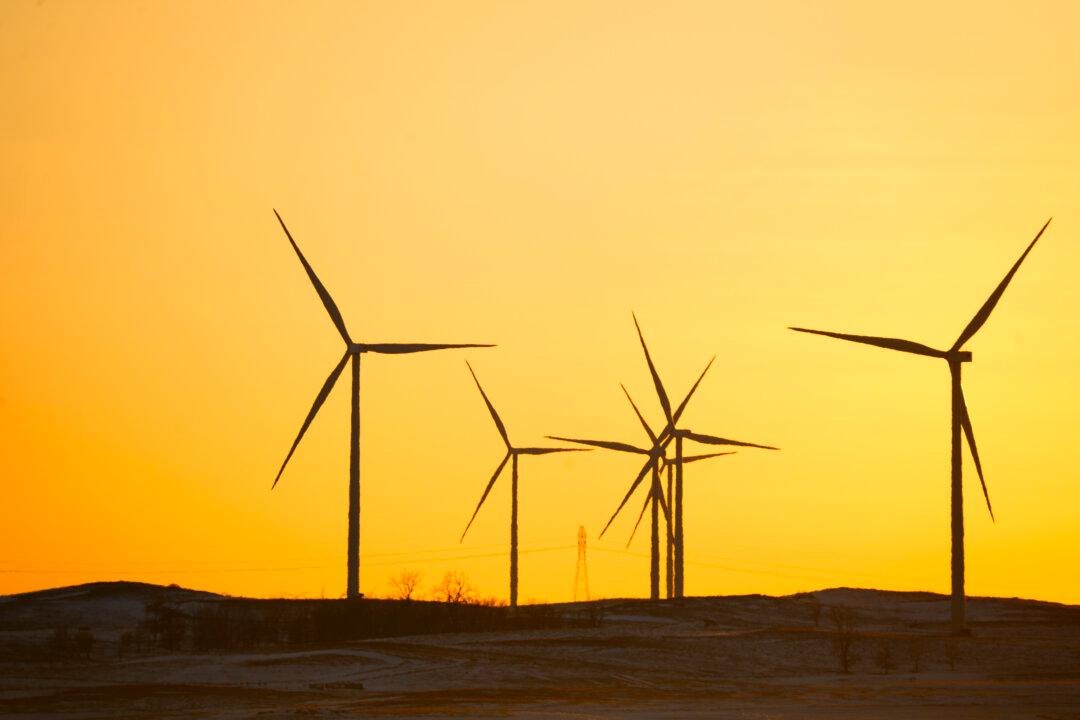A billion-dollar wind farm project, slated to generate hundreds of millions for the Tasmanian economy is facing legal action from a local community group opposed to its year-round operation after an order to shut down its operations was overturned in November.
The Robbins Island project is located in the Circular Head region of northwest Tasmania and is to be built by ACEN Australia who specialise in large-scale renewable energy projects.





